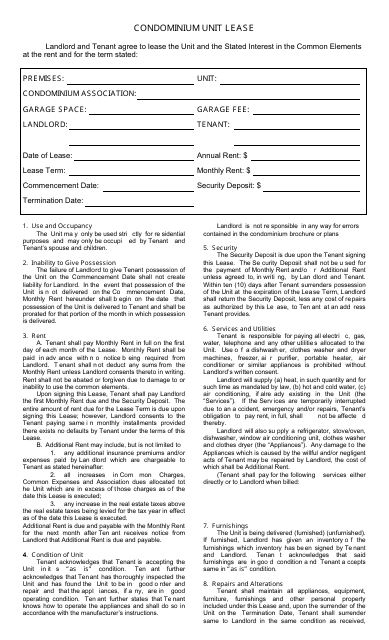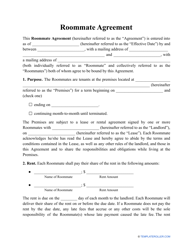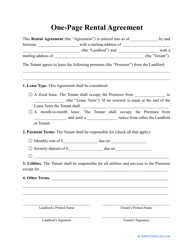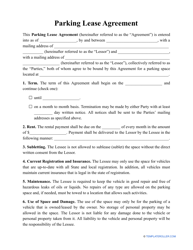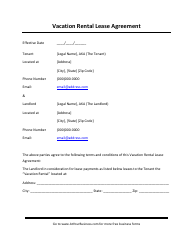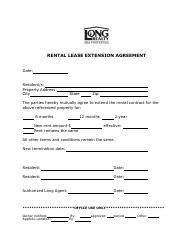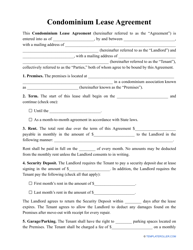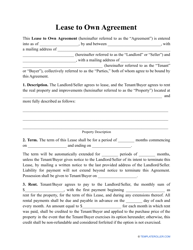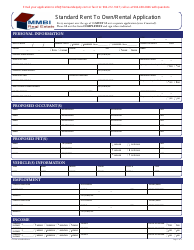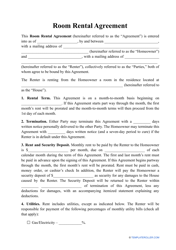Condominium Unit Lease Template
A Condominium Unit Lease Template is a document that outlines the terms and conditions of leasing a condominium unit. It specifies the rights and responsibilities of both the tenant and the landlord. This template helps establish a clear agreement between the two parties regarding rent, lease duration, maintenance responsibilities, and other important aspects of the lease agreement.
The landlord or property owner typically files the condominium unit lease template.
FAQ
Q: What is a condominium unit lease?
A: A condominium unit lease is a legal agreement between a landlord and a tenant that allows the tenant to rent and occupy a specific unit within a condominium building.
Q: What does a condominium unit lease typically include?
A: A condominium unit lease typically includes details about the terms of the lease, such as rent amount and payment schedule, the duration of the lease, rules and regulations of the condominium building, and responsibilities of both the landlord and the tenant.
Q: Can a landlord increase the rent during the lease term?
A: In general, a landlord can increase the rent during the lease term if the lease agreement allows for it or if the tenant agrees to the increase. However, there may be legal restrictions on the amount of the increase and how much notice must be given.
Q: What are the tenant's responsibilities in a condominium unit lease?
A: The tenant is typically responsible for paying rent on time, maintaining the unit in good condition, and following the rules and regulations of the condominium building. They may also be responsible for utilities, unless stated otherwise in the lease.
Q: What are the landlord's responsibilities in a condominium unit lease?
A: The landlord is typically responsible for maintaining the common areas of the condominium building, such as hallways and elevators, and ensuring that the unit is in a habitable condition. They are also responsible for addressing any repairs or maintenance issues.
Q: Can a tenant sublease a condominium unit?
A: Whether a tenant can sublease a condominium unit depends on the terms of the lease agreement. Some lease agreements prohibit subleasing, while others may allow it with the landlord's approval.
Q: What happens if a tenant breaks the lease?
A: If a tenant breaks the lease, they may be responsible for paying a penalty, such as a portion of the remaining rent or other fees specified in the lease agreement. The landlord may also have the right to evict the tenant.
Q: Can a landlord evict a tenant without a valid reason?
A: In general, a landlord cannot evict a tenant without a valid reason. Valid reasons for eviction may include non-payment of rent, violation of lease terms, or causing damage to the property. The landlord must follow the legal process for eviction in their jurisdiction.
